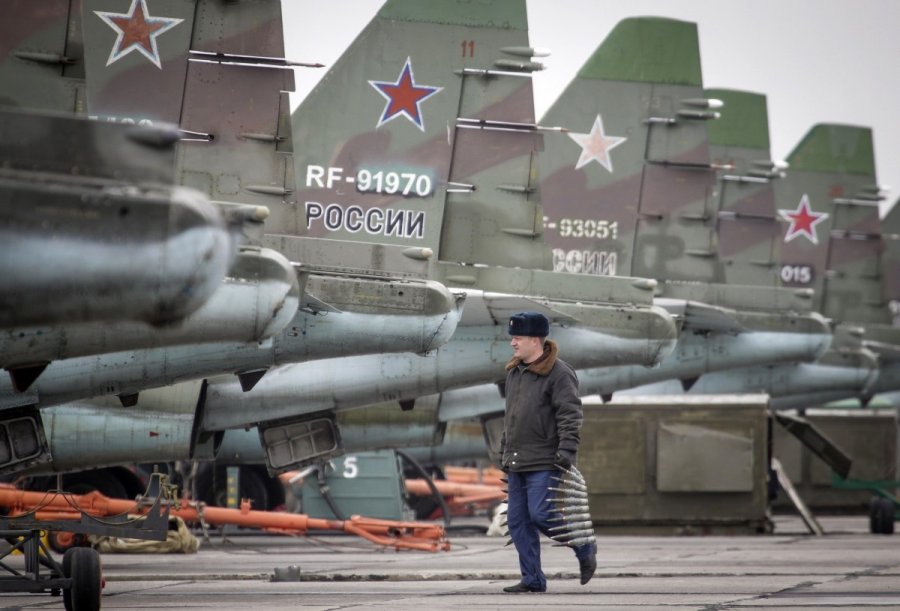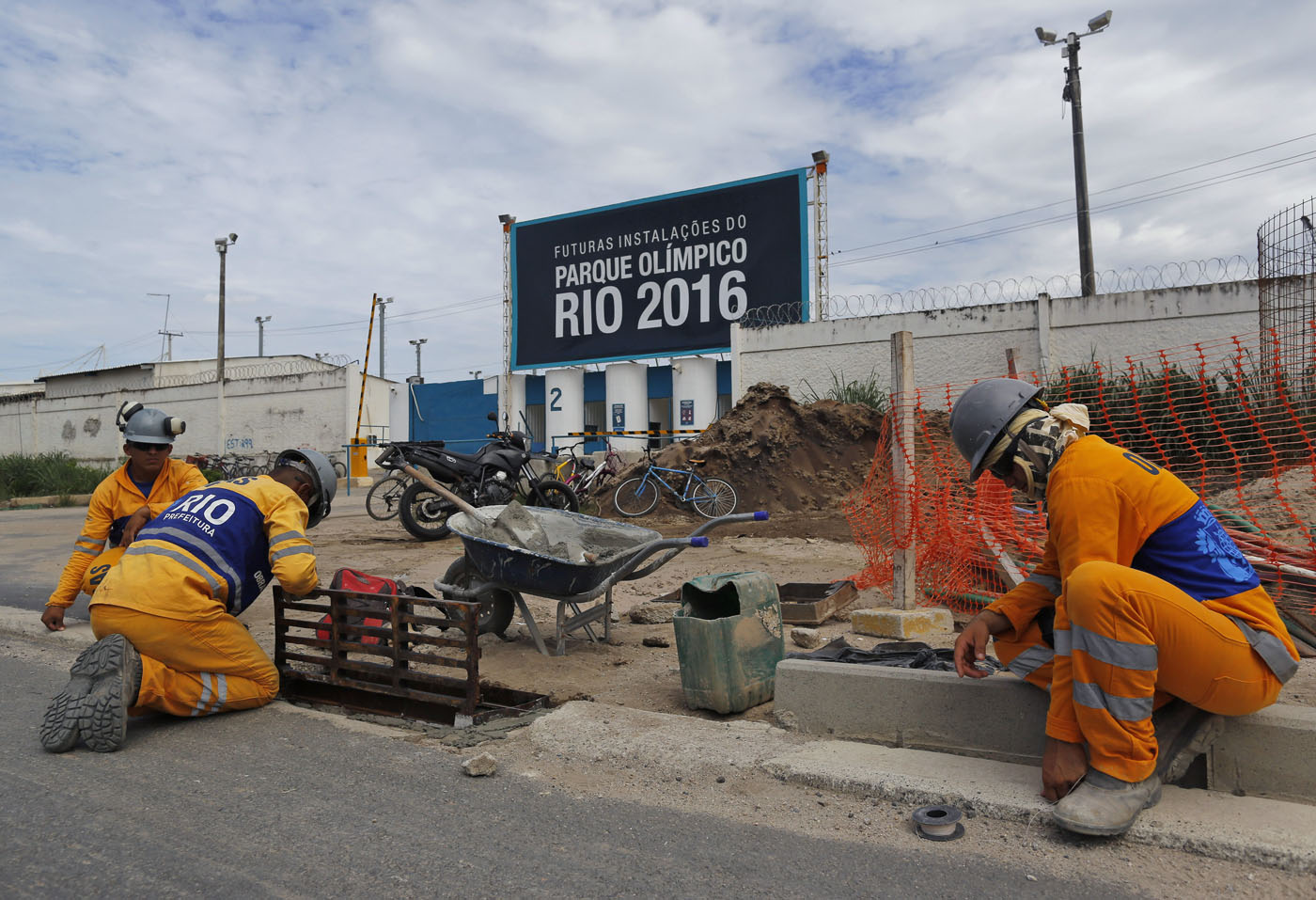By: Megan White
For two weeks during the summer of 2012, the world stood still. Barriers blurred and blaring newscasts faded into the background as people from China to Granada put away their conflicts, big and small, and turned their attention to the city on the Thames. All eyes were on London, host of the 30th Summer Olympics.
But with the speed of Usain Bolt crossing a finish line, the Games had come to an end, and people had returned to worrying about presidential elections and the economy. In less than two years, however, the world is scheduled to pause again. On February 7, 2014 comes the opening of the 22nd Winter Olympic Games. And this time, the global spotlight will fall on Russia for the first time since the collapse of the U.S.S.R. Will the country be ready to roll out the red carpet?
The process began five years ago in July of 2007, when the International Olympic Committee announced that Sochi, Russia would host the 2014 Winter Games. With a humid subtropical climate, it will be the warmest city to ever host the Winter Olympics. Olympic officials cited an abundance of hotel space, as well as strong public and political backing, as strong contributing factors in the selection. Dmitry Chernyshenko, chief executive of the Sochi 2014 Organizing Committee, believes that the city is up to the challenge, and President Vladimir Putin has taken special interest in the project.
The former Soviet summer playground has already begun receiving a facelift – one with an $18 billion price tag. Of the $18 billion, raised by Russian organizers such as Sberbank, Rosneft, and Interros, $2 billion will go to the organizing committee, $8 billion will go toward constructing the venues, and $7.2 billion will go toward a rail and highway project with the Russian government funding additional infrastructure projects. The high prices have not gone unnoticed. One Russian magazine quipped that for $7.2 billion, the roads could be paved in one centimeter of beluga caviar. But for the Russian government, the stakes are exceedingly high, and no improvement will be considered “too much.”
The Sochi Games will mark the first time the Olympics have ever been held in the Russian Federation, and the games will likely be heavily compared to the controversial 1980 Moscow Olympics in the former Soviet Union. That year, in an act of protest against the Soviet Union’s invasion of Afghanistan, the United States formally withdrew from the Moscow Games, convincing over 60 other nations to do the same. Now, 30 years later, Russia is back on the world stage with a chance to prove how far it has come since the Soviet collapse and to instill a stronger sense of national pride after a several rocky years. President Putin described the event as a way to mobilize the government and society toward a single, positive national purpose. He has admitted that there are skeptics, and he intends to prove them wrong.
Hosting the Olympic Games is by no means a small task. The plans for Sochi involve the construction of two main event parks. One, a compact sea-level park, will house the skating venues and a 40,000-seat Olympic stadium. Snowboarding, skiing, bobsledding, the luge, and cross-country skiing will take place at a much larger mountain park, which will include trails as high as 6,725 feet above sea level. The $7.2 billion rail and highway project will involve connecting the parks with a 30-mile stretch of road, a high-speed train, and 17 gondolas. So far, Sochi’s ski facilities have been built, and the majority of the venues will be finished by the end of 2012. To test the facilities, Sochi will host 22 international sports events leading up to February 7, 2014.
Due to Sochi’s warm climate (the seaside park will be dotted with palm and magnolia trees), critics have questioned whether or not there will be enough snow for the games. Officials have assured that this will not be a problem and have allayed these concerns by packing reserve snow into storage facilities, a process that will continue over the course of the next year. And just in case the estimated 250,000 cubic meters of stored snow fails to fit the bill, event organizers will have 430 snow machines installed and ready to go on a moment’s notice.
Sochi’s proximity to the turbulent regions of Chechnya, Kabardino-Balkaria, and North Ossetia has rendered security another significant concern. Chernyshenko has promised “the safest games ever,” ensuring that security forces will reinforce natural protections provided by the sea and the mountains. Rather than outsource security functions to private contractors, as was done in London, the Russian police are taking responsibility for the Sochi Games.
Despite Putin and Chernyshenko’s confidence, the readying for the games has seen its fair share of hiccups and has stepped on its fair share of toes. Preparations have begun to touch a nerve with Sochi’s residents, in particular. Construction has led to an uprooting of residential neighborhoods, rationed electricity, severed power lines, and landslides. Over 2,000 families have been displaced, many without compensation. The environment has suffered as well. The highway and rail project has cut through the Mzymta River watershed, disrupting a fragile ecosystem. Greenpeace and the World Wildlife Fund have withdrawn from consultations with event organizers, stating that their ideas for sustainability were being ignored. In order to prepare for the strain on its power grid, the project’s organizers have begun construction on the world’s largest natural power plant. While Russian law requires an assessment of the environmental impact of power plants to be made public, bureaucratic red tape has kept this information under wraps, and the public has taken action.
Residents across Sochi have spent recent months picketing and attempting to disassemble production sites, yet their concerns have been largely ignored by the government as a whole. The detainment of two peaceful protestors has incited further riots. The most prescient security threat to the nation may stem from this local instability, and security measures still have a long way to go. In May, officials deftly foiled a terrorist attack on Sochi, seizing weapons and ammunition in Abkhazia. In August, however, a pair of scavengers was able to slip past a security checkpoint and into the construction zone and fill a trailer with scrap metal.
Protests of the games have sprung up internationally as well. In cities such as New York, Istanbul, and Brussels, descendants of the Circassian people have taken to the streets, calling to attention the brutal, forced removal of their ancestors from the Sochi area in 1864, an event that is not currently recognized by the Russian government. Protesters have also rallied against organizers’ decision to ban Pride House events celebrating homosexual inclusion in sport, claiming that they “contradict the basics of public morality and the policy of the state in the area of family motherhood and childhood protection.”
The 2014 Winter Olympics have thus far proven controversial. Though there have been fringe campaigns to boycott the games, it remains unlikely that the world will see a repeat of 1980. Still, Russia has a significant amount of work to do before February 2014. With over a year to go, whether or not Russia will be prepared for the world stage remains to be seen.

